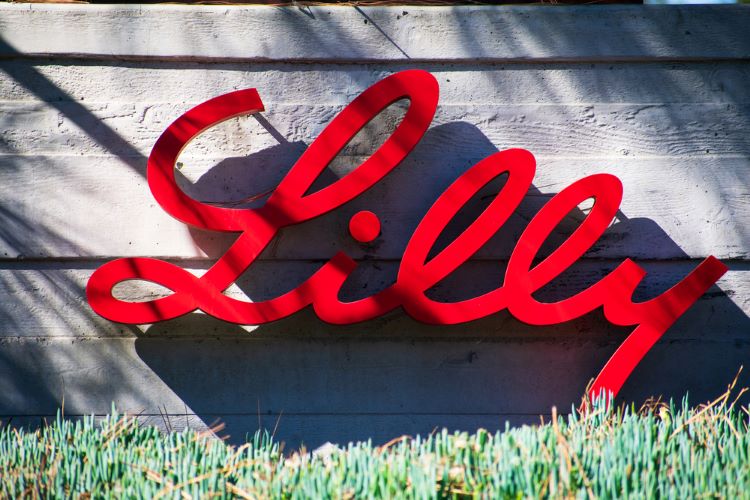NICE recommends Eli Lilly ulcerative colitis biologic
Posted: 22 September 2023 | Catherine Eckford (European Pharmaceutical Review) | No comments yet
The first IL-23p19 targeted biologic recommended by the National Institute for Health and Care Excellence (NICE) for moderately to severely active ulcerative colitis (UC) in adults in Great Britain is based on Phase III evidence of sustained clinical remission.


Credit: Michael Vi / Shutterstock.com
The National Institute for Health and Care Excellence (NICE) have for the first time, recommended a IL-23p19 targeted biologic for adults with moderate to severe active ulcerative colitis in Great Britain. Eli Lilly’s mirikizumab (OMVOH®▼) is indicated for these patients when conventional or biological treatment cannot be tolerated, or the condition has not responded well enough or lost response to treatment.
Specifically, this is the case if a tumour necrosis factor (TNF)-alpha inhibitor has not worked or a (TNF)-alpha inhibitors cannot be tolerated or is not suitable.
Eli Lily’s ulcerative colitis biologic
This recommendation makes “Great Britain one of the first countries in the world to provide nationally reimbursed access; and national access should now be implemented within 30 days,” shared Laura Steele, President & General Manager, Northern Europe, Eli Lilly and Company.
Over 500,000 people in the UK have Crohn’s disease and ulcerative colitis, according to Sarah Sleet, Chief Executive of Crohn’s & Colitis UK. Therefore, NICE’s decision is a positive development for this patient population.
Clinical data supporting the approval of mirikizumab
NICE’s decision was based on results from the LUCENT clinical programme for ulcerative colitis. In two Phase III trials (LUCENT-1 and LUCENT-2), mirikizumab provided sustained clinical remission. Positively, decreases in bowel urgency severity were observed as early as week 2 compared to placebo in LUCENT-1, according to Eli Lilly.
LUCENT-1 studied 1,162 ulcerative colitis patients over 12-weeks. There were 24.2 percent of patients who achieved clinical remission compared to 13.3 percent given placebo.
Of the LUCENT-1 patients who achieved clinical response at 12 weeks, 49.9 percent achieved clinical remission at one year, compared to placebo, 25.1 percent and 21.8 percent for clinical remission and histologic-endoscopic mucosal remission, respectively.
Mirikizumab
Mirikizumab selectively targets the p19 subunit of IL-23 and inhibits the IL-23 pathway. Inflammation due to over-activation of the IL-23 pathway plays a critical role in the pathogenesis of UC, according to Eli Lilly.
The pharma company declared in August 2023, that Omvoh contributed $1.00 billion to the company’s Q2 2023 revenue.
▼ This medicinal product is subject to additional monitoring.
Related topics
Biopharmaceuticals, Clinical Development, Clinical Trials, Drug Development, Drug Markets, Drug Safety, Industry Insight, Regulation & Legislation, Research & Development (R&D), Therapeutics
Related organisations
Eli Lilly and Company, The National Institute for Health and Care Excellence (NICE)









